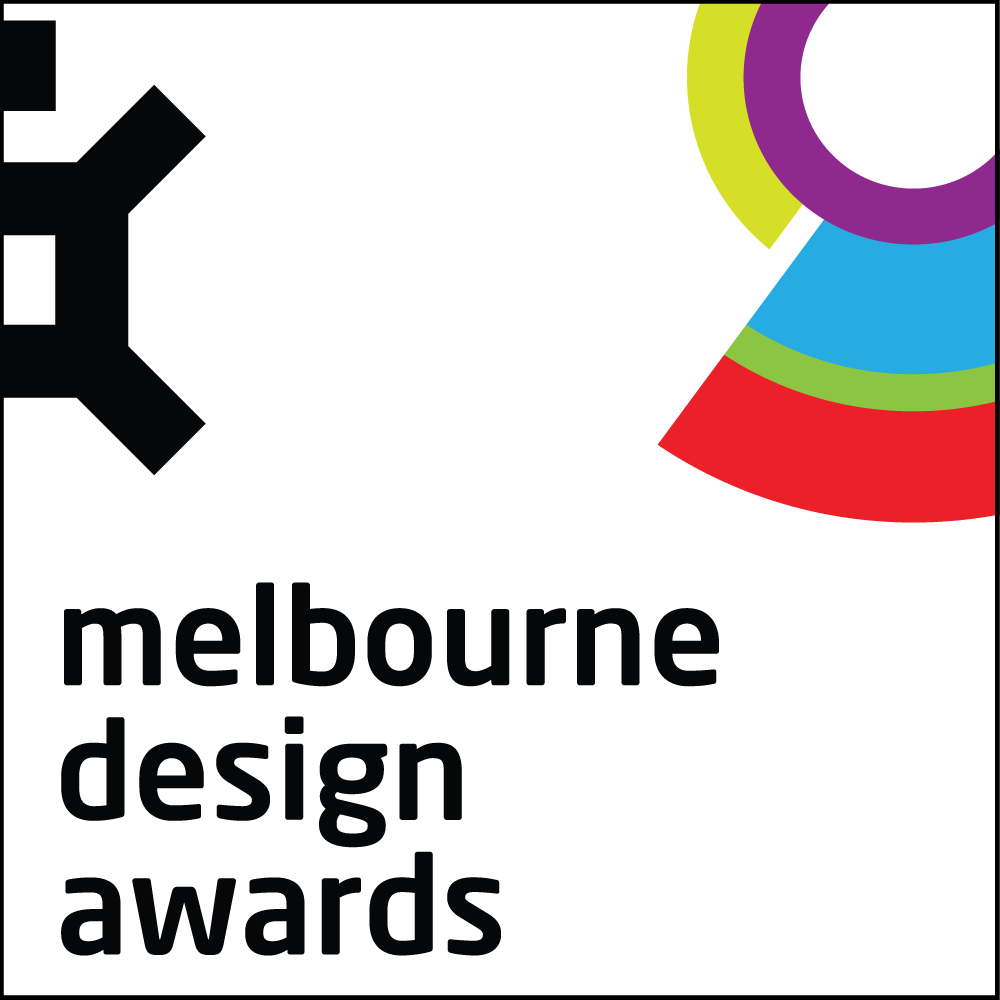









Image Credit : Images 5, 6, 7, 8 & 9 - Photographer Mia McDonald. Images 1 and 3 - Photographer Brook James. Images 2, 4, and 10 - Photographer Sean Fennessy

Project Overview
Located in the heart of Melbourne's evolving Smith Street Collingwood sits Happy Valley, a new concept store for design, art, and books founded by former Polyester Records and Tramway Hotel owner Chris Crouch.
Happy Valley is a retail space that combines a gallery feel with a retail shop, where customers can enjoy the space, find a great gift and be reflective of independent and local design that is practical and affordable.
Project Commissioner
Project Creator
Team
Designer - Harley Vincent
Client - Chris Crouch
Joiners - Gordon Johnson & Huw Smith
Happy Valley Shop was collaborative project with input into the design, detail and construction from the client, designer, and joiners, all local craftsmen in their valued professions.
Project Brief
Formerly a travel book store, the circa 1800's high street retail space needed to let in a lot of natural light and create an inviting, innovative atmosphere where visitors to the shop are comfortable to linger and encouraged to explore the design, books and art. The shop needed to be reflective of the affordable and practical nature of the products displayed, while projecting the atmosphere of an art gallery, design shop, and bookstore combined. As with the design of a gallery, flexibility in the design of the space was critical for Chris to curate a variety of regularly changing items. The display areas needed to be maximised without crowding and the interior was to provide a backdrop that allowed contemporary products to work cohesively with the circa 1800's building. In the words of Chris the client, the shop needed to appeal to a design aesthetic, but not be too designed; express timber as the focal fitout material, but not too much; appear familiar, but be new; and feel like a bookstore, but look like a gallery where people are free to handle and explore the art.
Project Innovation/Need
Critical to the execution of the shop design was the creation of a flexible retail space able to display and allow the curation of a multitude of product types without the journey between products feeling unrelated. Three interior devises were employed to achieve this: tone, colour and finish. A limited palate of neutral tones were used on the shop interior shell, and a family of natural timber finishes for the joinery units gives the shop a united canvas to which the products may be displayed. Uncommon for a high street retail shop we have incorporated a pre-loved Danish shelving system and recycled timber joinery units on the perimeter walls and combined these with new custom-made display units to give an eclectic and established feel to the shop. Taking cues from the Happy Valley branding and the colour yellow present in many of the products, a signature sunshine-yellow colour was used strategically in the design which completed the shops unification to subconsciously draw people through the space. The resulting fitout has a vibrant aesthetic, from the mood boosting sunshine-yellow feature wall to the bronze pendant lighting, warm timber shelves and crisp white shell.
Design Challenge
There are many competing demands and challenges on any project, for us these present opportunities in the realisation of the vision for the client through an understanding of balancing design impact with cost. Two significant challenges in the design of the fitout was not knowing the full product range to be accommodated, and how to design into the space pre-loved timber joinery of different styles made from different timbers, and combine them with new custom designed timber joinery in a space with a floor and ceiling made of yet another timber. The gutted circa 1800’s shop presented uneven surfaces throughout requiring creative carpentry and tolerances built into the design. Pendant lights hang from the ceiling to visually level and contain the space which was considered too high for the desired atmosphere. These pendants were also selected for their bronze internal finish, adding warmth to the space and providing another visual link to the sunshine-yellow colour used in the shop. As Chris is a sole retailer, time and budget were extremely important. The time from commission to opening for trading was constrained to 2 months, with the budget approximately 1/3 that of a shop of similar scale and target market.
Sustainability
Sustainability is an important issue for Chris and the project team and it was considered to be inherent in the project and not a bolt on extra. Important not only to minimise the impact through construction, but also in consideration of the occupants of the shop and the energy used in the every day operation of the store. The existing shopfront, Baltic pine timber floor and ceiling were retained to minimise landfill. A natural, clean, green, VOC free Danish oil finish was applied to the floor for a more forgiving and easy to maintain finish which would not release harmful gases over the life of the product, improving the air quality within the shop. Recycled joinery units were sourced locally for a majority of the fitout to reduce the use of materials and waste, and new joinery was constructed from responsibly sourced plantation Australian timber. Energy efficient bulbs were specified for the pendant lighting complimented by highly efficient, low energy, long life LED wall hung floodlights washing up onto the ceiling to provide indirect general lighting to the whole of the shop as well as reducing the heat generated in the space.
Interior Design - Retail
This award celebrates innovative and creative building interiors, with consideration given to space creation and planning, furnishings, finishes and aesthetic presentation. Consideration given to space allocation, traffic flow, building services, lighting, fixtures, flooring, colours, furnishings and surface finishes.
More Details

